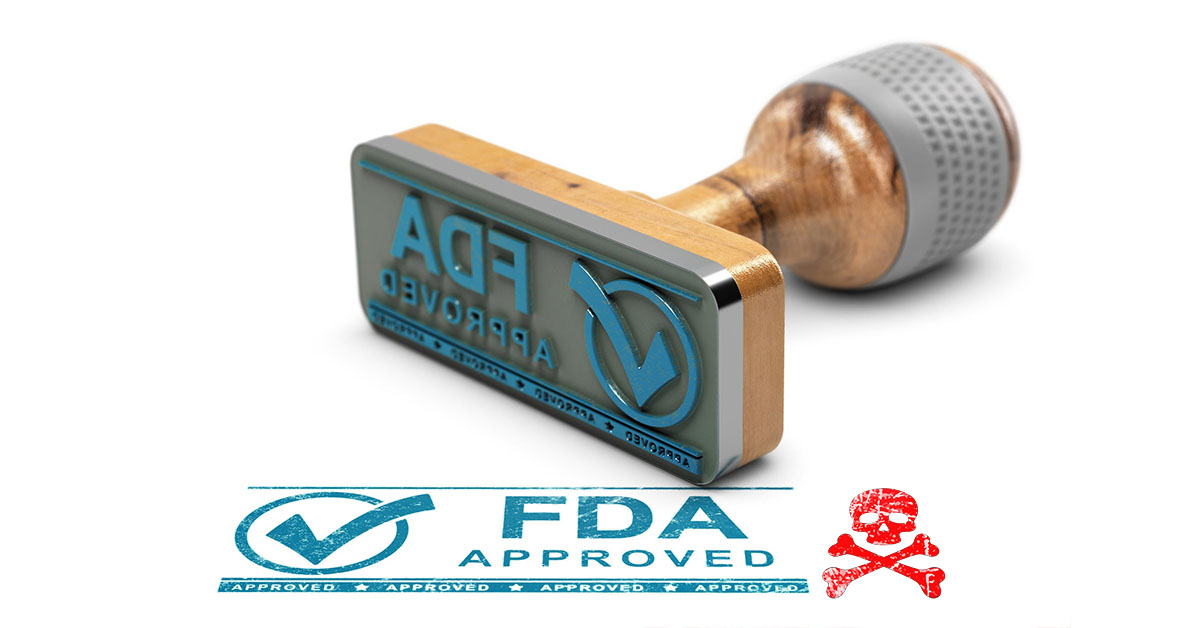On the Friday evening before this past Memorial Day weekend — without any warning or opportunity for public comment — the US Food and Drug Administration (FDA) shocked the allergic community by issuing new guidance relaxing the requirements around the labeling of ingredients.
Under certain circumstances, FDA’s action now allows manufacturers having trouble sourcing one ingredient to substitute another without changing the ingredient list on the label. Today, a company is free to substitute sunflower seeds, say, for another seed without the consumer knowing anything about the substitution. The FDA has in effect declared “open season” on consumers with allergies to foods outside the “Top 8” (and even those with allergies to the Top 8.)
Why did the FDA do this? They state their goal was “to provide regulatory flexibility, where appropriate, to help minimize the impact of supply chain disruptions on product availability associated with the current COVID-19 pandemic.”
Have there been many such supply chain disruptions? The FDA doesn’t say or give examples, but they are evidently willing to sacrifice the safety of the allergic community to save manufacturers from temporarily halting their manufacturing lines until an ingredient can be sourced.
Sure, temporary substitution may be warranted under widespread shortages of a particular ingredient, but why does this have to be done in such a way that the consumer isn’t notified? Why can’t the change be reflected on the label?
Betsy Booren, Senior VP of Regulatory and Technical Affairs at the Consumer Brands Association, spells out the reason in an article appearing in the Washington Post:
This guidance was the FDA recognizing that there could be some minor changes that do not impact food safety. To change a label takes upwards of two years for a food company — doing the analysis, sending products to the printer — all that takes time.
But the FDA could have mandated that any change of ingredients from those listed on the label be made clear on a sticker added to the item. Stickers can be printed and sourced in days and applied after manufacture, requiring no changes to the production line.
Would such an edict have caused manufacturers to incur extra costs? No doubt, but we are in the midst of a pandemic here, and flexibility should not come at the expense of public health and trust in the nation’s food supply.
The FDA could have mandated that manufacturers display advisories on their respective websites notifying consumers of changes and could have maintained a central database listing products where ingredient substitutions were made. Again, this would have helped the allergic consumer but would have come at a small, additional cost to the manufacturer.
Instead, consumers concerned with allergens are left to call manufacturers or cross their fingers and hope that bag of chips or loaf of bread doesn’t send them, their spouse, or their child to the emergency room.

While we admire the work non-profits are doing to engage with the FDA on this issue, we’re not holding our breath for any substantive change; there’s a reason why the agency issued this guidance under cover of night: it’s because the administration knew their action was cause for concern but did not want the allergic community to come between it and serving corporate interests.
Shame on you, Dr Stephen Hahn — Commissioner of the FDA — for selling out the very people that depend most on the label to keep themselves and their families safe. You’ve shown us who you truly serve, and it’s not the allergic community.
You can tweet your displeasure to Dr Hahn directly @SteveFDA.
- FDA Announces Temporary Flexibility Policy Regarding Certain Labeling Requirements for Foods for Humans During COVID-19 Pandemic — FDA
- FDA rolls back food rules for 5th time during pandemic — Washington Post
- FDA Guidance Sparks Major Concerns, Exacerbates Fears for 32 Million Americans Amid Pandemic — FARE
The FDA Has Relaxed Labeling Requirements Under COVID-19. What it Means for the Food Allergy Community





